Finally a glimmer of hope for Australian vapers: A senate inquiry is set to look into vaping, with a select committee on tobacco harm reduction being formed, with the aim of investigating “tobacco reduction strategies.”
Sadly, Australia has in recent years become renowned for maintaining an unreasonable forbidding stance with regards to tobacco harm reduction (THR). Last July, the Federal Health Minister of Australia Greg Hunt, infamously announced ongoing talks with the country’s Border Force, with regards to a ban on the importation of vape liquid containing nicotine. The measure was to go into effect on July 1st, and anyone caught violating this regulation was to be fined $220,000.
This announcement naturally caused an outrage amongst THR experts and vaping advocates. To this effect, a number of organizations and entities, including 28 Coalition MPs, took action and Australian Senator Matthew Canavan and MP George Christensen, started a petition to overturn the import ban and to instead have nicotine legalized and regulated.
The impending unreasonable ban
In response to these actions Health Minister Greg Hunt had decided to delay the ban by six months, at least giving vapers a grace period to find alternative smoking cessation aids. However, if the ban goes into effect unamended, while vapers would technically still be able to obtain nicotine e-liquids through a doctor’s prescription, in reality not many would manage.
As it stands, influenced by current laws and misconceptions, most doctors are already unwilling to write nicotine prescriptions. Therefore, given the added complex and time-consuming requirements which would be set in place the new measure, even fewer doctors will be inclined to write prescriptions.
A Select Committee on Tobacco Harm Reduction
Thankfully, after a number of appeals by public health experts, local authorities have agreed to establish a Select Committee on Tobacco Harm Reduction in order to explore “tobacco reduction strategies”, amongst which vaping.
The Committee is set to analyse the strategies successfully adopted in other countries, such as the UK and New Zealand, and how they have impacted tobacco and nicotine use behaviour. The selected committee members will be also looking into ways Australia could reduce youth smoking and vaping, and a final report listing the findings will be presented by December 1st, 2020.
Vapesourcing Opinion:
This makes no sense, that cigarettes would be freely available over the counter in corner stores and service stations, but the product that can help people transition away from smoking would be restricted. So outside doctors’ or pharmacists’ work hours, the only available option would be cigarettes. This flies in the face of common sense.
Excluding small businesses from the safer alternatives’ market in this manner, would put these businesses at risk, disrupt market dynamics, and also be counterproductive to public health.
























































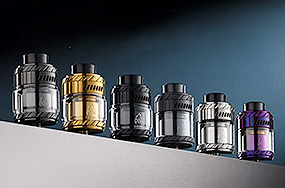
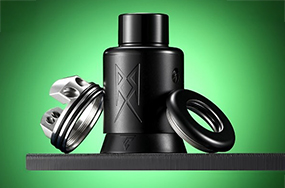
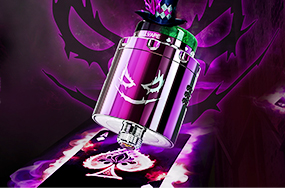
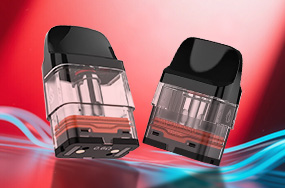






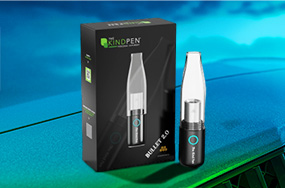

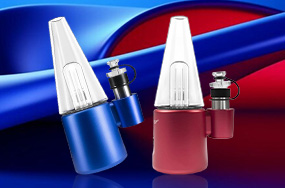






comments